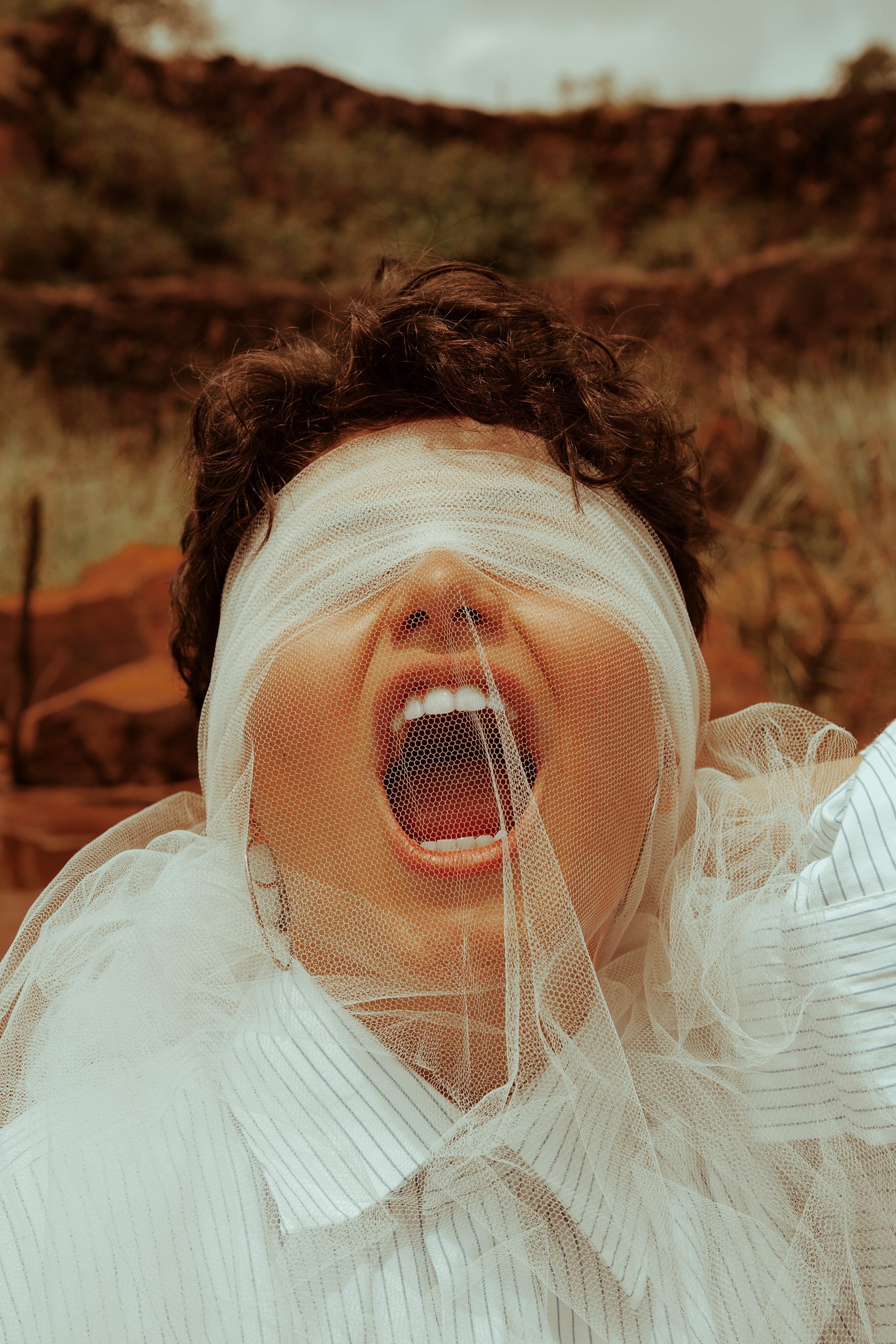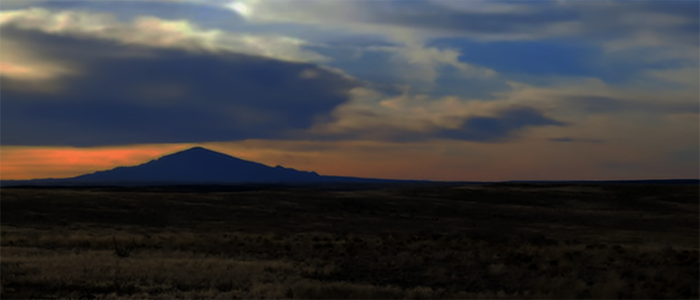"FRICKIN’ HOLY MARY MOTHER OF GOD! JESUS MARY AND JOSEPH! POPE PAUL VI AND ALL THE SAINTS! AND DEAR GOD WHY ARE ALL THESE WOMEN IN EXPENSIVE ULTRASUEDE DRESSES RUNNING UP AND DOWN THE AISLES SCREAMING THEIR FOOL HEADS OFF???!!!!!"
Category: Oklahoma
It was a Cold and Boring Night
"To me, as a gay boy, hugging another boy was perfectly natural. It always has been, it always will be. I always felt instinctively somehow that people would disapprove and say I was naughty. And I always felt instinctively that I knew what I wanted and I was going to have it and all those disapproving people could just go suck eggs and pound sand. Even at the height of the worst spiritual and sexual repression that Oklahoma and its churches could dole out, my inner belief has always been the same. There's nothing wrong with me. I've known who I am and what I wanted since I was at least five. And everyone else who is not onboard with that can go over Niagra Falls without a barrel."
Same Here
There's this thing that has been closely guarded for going on 40 years in 2018. It's my secret. So as it hits its 40th birthday in our new year, I decided it's time to tell the world.
The Impact of Family Structure on the Health of Children: Effects of Divorce
Sed sapien tortor, aliquet a velit ut, lacinia molestie velit. Maecenas ornare consequat massa ullamcorper dapibus.
Commonality
Not sure why I’m even noting this, but it did catch my eye. Among the «5,000 most common names according to the 2000 US Census», Frank has a more common surname than I do. Our names: Lester (his) is 709th, down 111 places, 16 occurrences per 100,000 names. Mine, Pollock, is 1,420th, up 20 places,...
A Phone Call
My sister may have breast cancer. I don’t know how to respond to her news. This is not supposed to be happening. Surreal. I don’t want to think about it. I don’t like all this getting older.
GrUncle Again
Found out today I’ll be a great-uncle for the second time. Kid is due sometime around Nov. 22. I need a rocker, cane and front porch.
A Eulogy for Brooksie Belle Ketchum Booth, My Grandmother (2001)
I wrote the following passages in two separate sections over two separate days. Part I – 2:00 a.m. San Francisco Time, Wednesday, Nov. 14, 2001 The call I was dreading came just ten minutes ago – an unhappy, middle-of-the-night call – word from my exhausted and grief-stricken mother that her mother’s long battle was over...
A Memory of My Grandfather (2001)
I am inordinately proud of all my grandparents, proud of their heritage and what they did and gave to us. All of them worked extremely hard under difficult circumstances to bring, in their own way, the basics of life, love and happiness to their families. We enjoy the blessed lives we have in no small...




